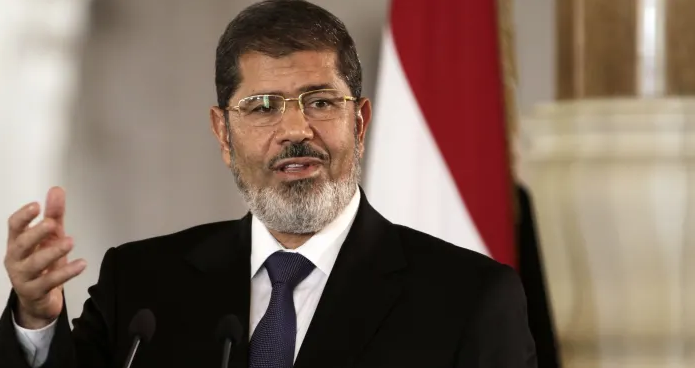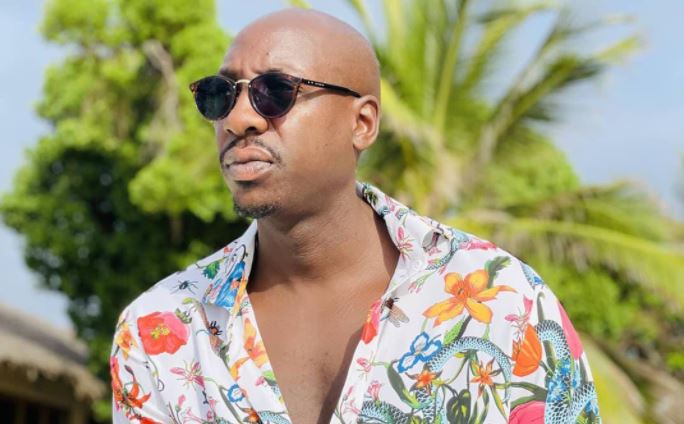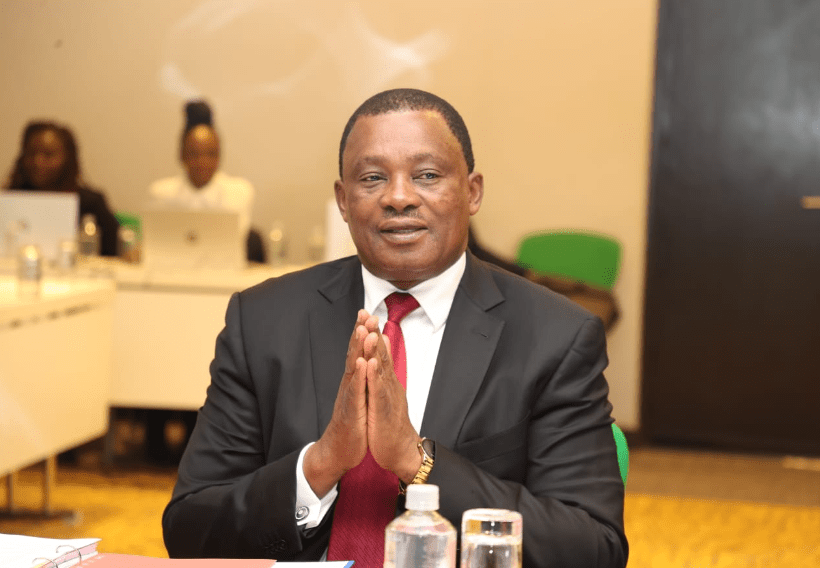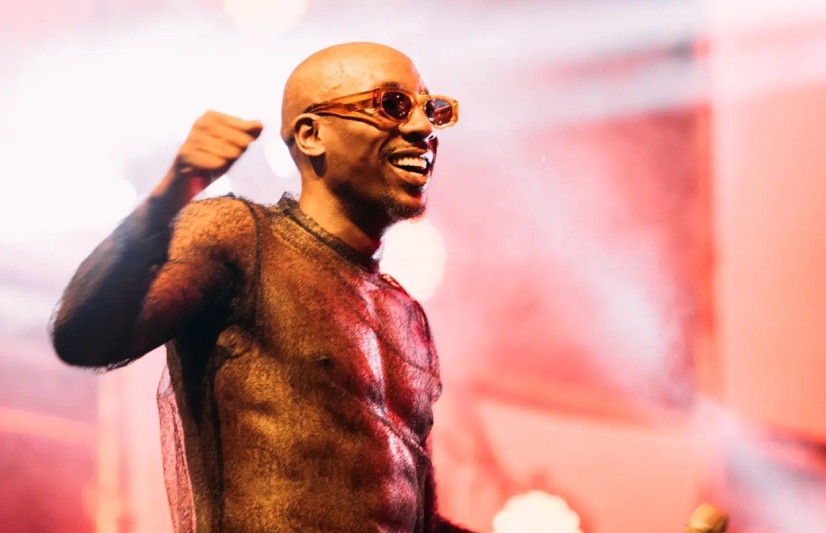Dina Rezk, University of Reading
Mohamed Morsi, Egypt’s first democratically elected president, died on June 17 in court in Cairo where he was on trial facing charges of espionage. He will be remembered for a short and divisive presidency and his failure to deliver the hopeful visions of Egypt’s “Arab Spring”. His legacy: the unprecedented consolidation of authoritarian rule by Egypt’s current military regime.
In the summer of 2012, Morsi’s narrow victory was hailed by the West in the wake of the uprising that saw the ouster of his predecessor Hosni Mubarak. But within a year, even Egyptians who had cast their votes for Morsi were clamouring for his removal, in what some described as the largest public protests in world history.
Morsi was not a popular president. His electoral triumph against Mubarak lackey Ahmad Shafik was so close that it aroused suspicions of a deal with the army. Neither of the two candidates represented Egypt’s liberal voice, whose votes were split between a plethora of candidates and who failed to consolidate as an effective “third way” during the first round of voting.
An engineer by training, Morsi in fact had little experience in politics before his rapid rise to power in 2012. Within months of his inauguration it seemed clear that he was unable to command the support of the Egyptian people. On the international stage, a series of embarrassing blunders intensified the wave of domestic criticism that culminated in his downfall in 2013.
The balance sheet
Initially, Morsi showed promise. His first speech to the Egyptian people deployed the language of national unity and reform of the security state, clearly appealing to the sentiments expressed in the 2011 revolution of “bread, freedom and social justice.” In November 2012, he brokered a ceasefire between Israel and Hamas in Gaza, reassuring the international community that Egypt would continue to play the role of mediator in the Arab-Israeli conflict.
Just one day after this success, however, Morsi announced a presidential decree that marked the beginning of the end of his rule. On November 22, 2012 he issued a constitutional declaration, appointed a new public prosecutor, and gave himself what many saw as dictatorial powers – making presidential decrees immune to judicial oversight. While Morsi claimed that these measures were necessary to protect the revolution and transition to a constitutional democracy, he was accused of appointing himself as “Egypt’s new pharaoh”.
In response to widespread protests, Morsi annulled the declaration but insisted on proceeding with a snap referendum on the new constitution which passed with a 63% majority but a low voter turnout of only 33%.
The constitutional crisis was a critical turning point and provided the army with a window of opportunity to present itself as “the saviour” of the Egyptian people. In late April 2013, the Tamarod (meaning “rebel”) campaign was officially launched with the goal of collecting 15m signatures by June 30 – the anniversary of Morsi’s presidential victory – to call for early elections.
Evidence has since emerged suggesting that the movement operated with the approval and support of the military and security agencies as well as supporters of the former Mubarak regime. Leaked recordings of conversations between Egyptian military figures revealed that the group drew funds from a bank account administered by the Ministry of Defence and replenished by the United Arab Emirates.
Millions of Egyptians heeded Tamarod’s call and on July 3, the defence minister Abdel Fattah al-Sisi declared that the army had suspended the constitution and deposed the president in order to “end the state of conflict and division” that had marked Morsi’s presidency.
Sisi clampdown
In retrospect, Morsi’s brief time in power looks relatively benign when compared to the authoritarianism that followed Sisi’s military coup. The Muslim Brotherhood has long been demonised by the political elite since the founding of Egypt’s republic in 1952. In fact, Morsi’s brief presidency clearly demonstrated that the interests of the “deep state” would ultimately triumph. The Muslim Brotherhood could never have dominated Egypt in the way that many feared because they simply had too many enemies.
Today, the Muslim Brotherhood is regarded as a terrorist group and an existential threat to the Egyptian people. Not only is it a crime to be associated with the organisation, but the Egyptian regime has made it clear that any dissent whatsoever will be crushed.
The Muslim Brotherhood no doubt sees Morsi as the latest martyr in an ongoing battle with the Sisi government. He was sentenced to death in 2015 in a ruling that was subsequently overturned in 2016.
The inhumanity of Morsi’s treatment in prison, where he was kept predominantly in solitary confinement, will evoke previous acts of brutality against the group, not least the public massacre of over 1,000 supporters of the Brotherhood in August 2013, described by Human Rights Watch as the worst mass killing in Egypt’s history. The UN has called for an investigation into Morsi’s death.
Unfortunately, while high profile, Morsi’s fate is by no means exceptional. He is simply the latest and most visible victim of a regime committed to imposing its will on the nation without concern for the human cost. Nonetheless, the vast majority of Egyptians will not be mourning the death of their first democratically elected president.![]()
![]()
Dina Rezk, Lecturer in Middle Eastern History, University of Reading
This article is republished from The Conversation under a Creative Commons license. Read the original article.










